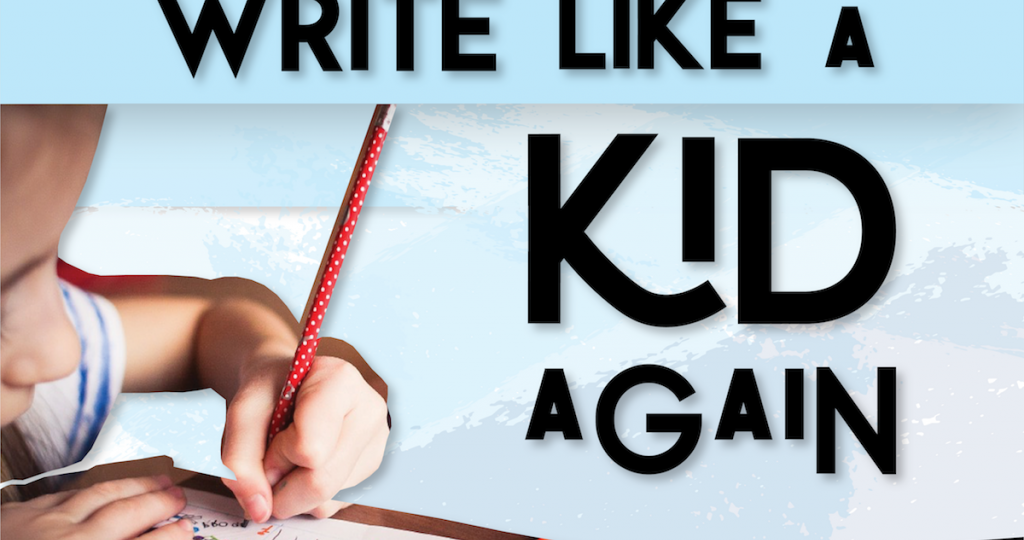
To listen to this blog post read by the author, click the triangle below, or click here to watch the video.
I came across this fantastic essay by Hannah Gamble called “The Average fourth Grader is a Better Poet Than You (and Me Too!)”. In this mind-bending article, Hannah notes that when she was teaching fourth graders, she witnessed the natural ease with which they came up with highly imaginative, unusual, and innovative uses of language, but by the time she got to teaching jr. high, everyone was writing the same predictable stuff. Why? Because kids in the fourth grade live in a world where they don’t know “the rules” nor, consequently, when they’re breaking them.
I remember my own experiences teaching fourth grade students. It wasn’t a full time gig; just a summer job, a little extra money between the regular school calendar teaching English and Social Studies to less interesting youth. While my upper school charges (to be fair) often wrote innovative and profound work, it was always the third and fourth graders who left my mouth hanging open in amazement.
Kids Naturally Think Like Poets
Never once did I have to tell these preadolescents not to use a cliché, because they didn’t know what that was, and probably wouldn’t have used them even if they had. I didn’t have to cajole them to be more original because they hadn’t read anyone they wanted to copy. I didn’t have to teach them how to say something unusual because… well, have you ever talked with a kid that age? Everything they say is unusual.
There is a flotilla of actual research that suggests kids already think like poets. They notice imagery, think in metaphors, and act as though everything is alive and has human consciousness, from their real pet frog to their stuffed giraffe. All I had to do was introduce a concept like “personification” or “metaphor” and let them dash away with their pens and paper into the happy land of kid speak. They would come back with Pulitzer Prize winning lines like, “Earth, do you enjoy spinning?” or, “I heard a caterpillar’s heart breaking when it turned into a butterfly.” When writing poems about science, one little girl wrote, “Pluto is not a planet. It is a tear the first astronaut cried when he saw our world spinning alone in space.”
Kids Have the Most Confidence
One afternoon, a third grader called me over during our writing time. It was a hot afternoon, with sunlight blaring all over the blond wood of the desks. The rest of the kids were bent over their papers scribbling brilliance. The blinds were half-lidded and dusty. The boy whispered in my ear, “Ms. H, do you have any glue?”
“Sure.” I told him. This was a third grade classroom. Half of the supply closet was stuffed with glue.
“Good,” he told me. “Because my poem’s so amazing, after I read it the rest of these kids are gonna have to glue their heads back on.”
Mind blown.
I wish on every student I have or ever will have that they experience the magic of thinking that, yes, they are just that awesome.
How to Get Back to Kid Brain
In Poetry Salon classes, while I can’t quite recreate that magic of being eight years old, I can set the intention to recapture the sense of being amazed by the world, being stunned by what you forgot you lost. It’s ironic, but after all of the years of studying with wise, experienced poets, what I spend most of my time doing is helping people find what they already have.
Here are a few suggestions to get there:
- Treat yourself like a hyperactive child
Drink juice boxes and then take a nap. When you wake up, run around in the park for an hour until exhausted. Then take out pencils and paper and try to sit very quietly (this is the hard part) listening to the birds and squirrels. Those kidults that qualify for the gifted program can try listening for the sound of the grass, the worms under the grass, the stardust inside of the worms, the earliest memories of the stardust, and finally, the sounds of the start of the universe. Use these sound to write a poem.
- Forget what we’ve decided things are called
A friend of mine, who was a new poet, said, “I should take your class. I think I need to learn more about language before I can write the poems I’ve been thinking about.” “No,” I responded, “You don’t LEARN to write poems. You REMEMBER how to write poems.” It is our natural way of seeing the world before we were caged in by learning the names for things and how they work. It’s been so long since we were back there, you may need a time machine, but if you practice, if you open yourself up to it, if you listen to the work of others and set your little kid self loose in the field of poetry, you will find it again. Eventually, you’ll realize that the leaves of the maple tree are actually hands of green aliens applauding the sunset and the sparrows are restless notes that have torn free from their sheet music. It will all start to sound natural simply because it is natural.
- Fake it ‘til you make it
In most classes we would call this “learning poetic technique”, but really you’re just rehearsing your lines to get back to a pre-language part of your mind. Learning how to write like an “advanced” poet is a process of working backwards. In workshops, I help poets write like a kid – which is to say, to write like a poet. We utilize the full toolbox, but even more, we work to create an environment of safe, supported play, freedom and wonder. To see things with the kind of purity that leads to saying things that have never been said before and return to that early stage of naïve confidence… the kind that reaches for the glue to refasten the heads of your fellow artists.
So, Come Practice Thinking Like a Third Grader in our core classes
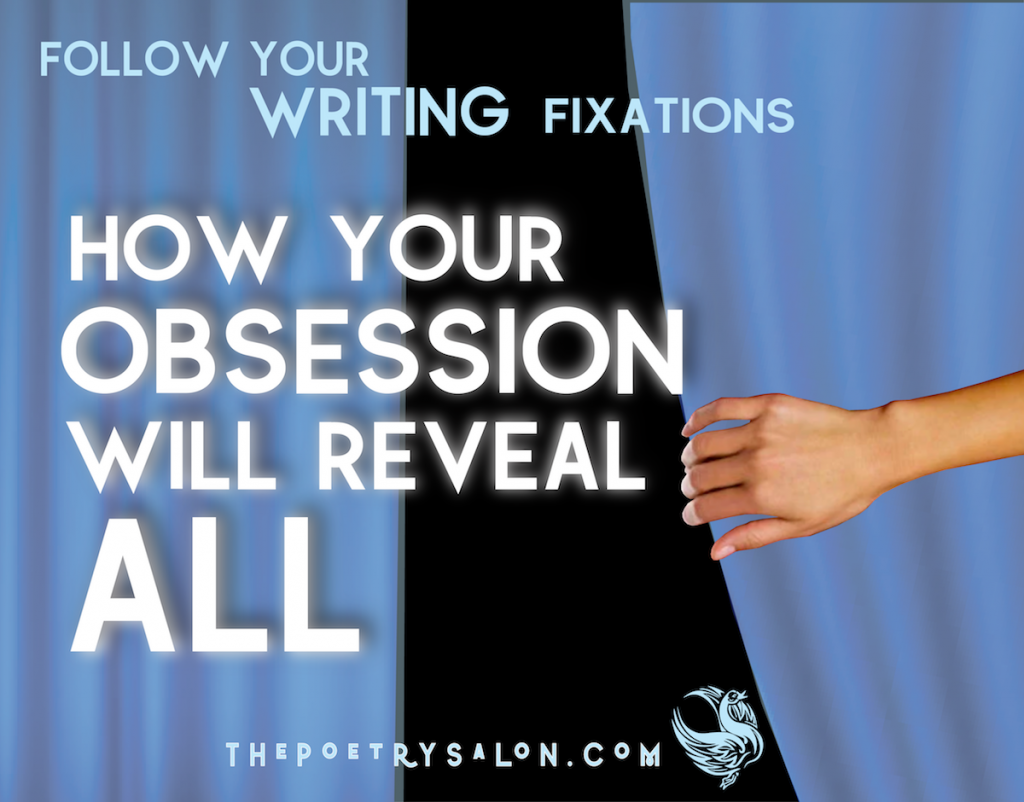
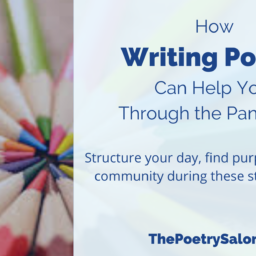
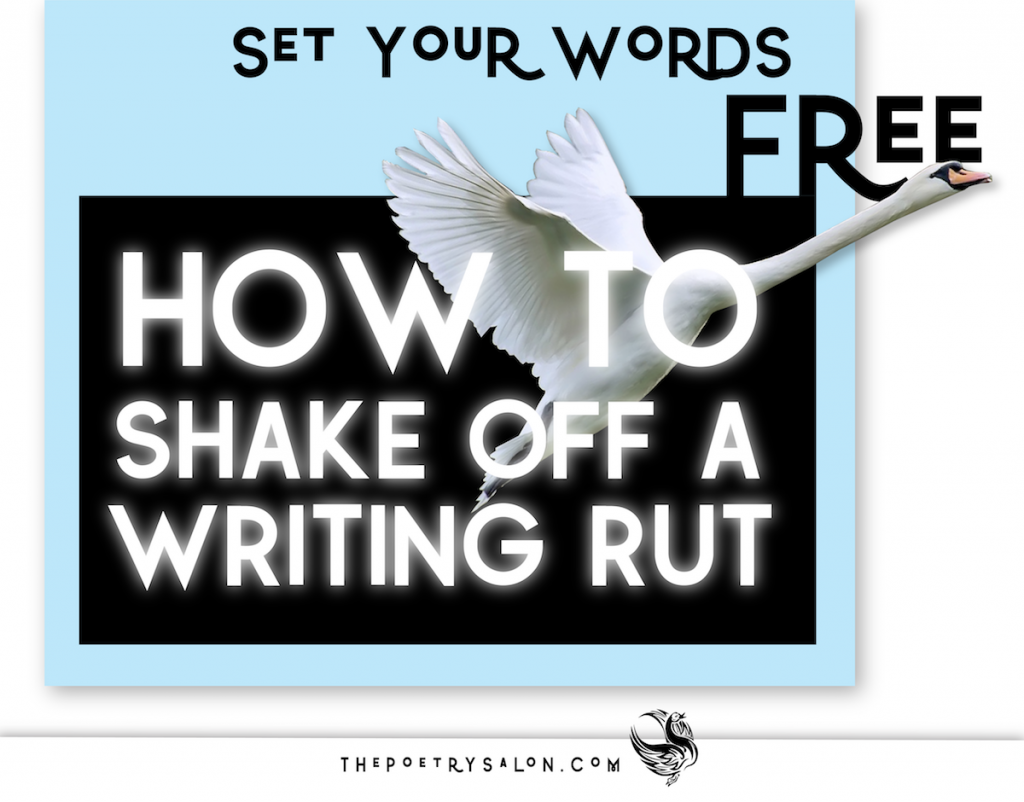
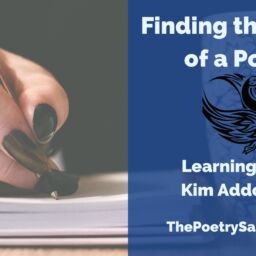
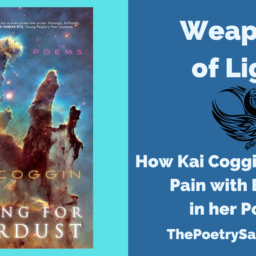
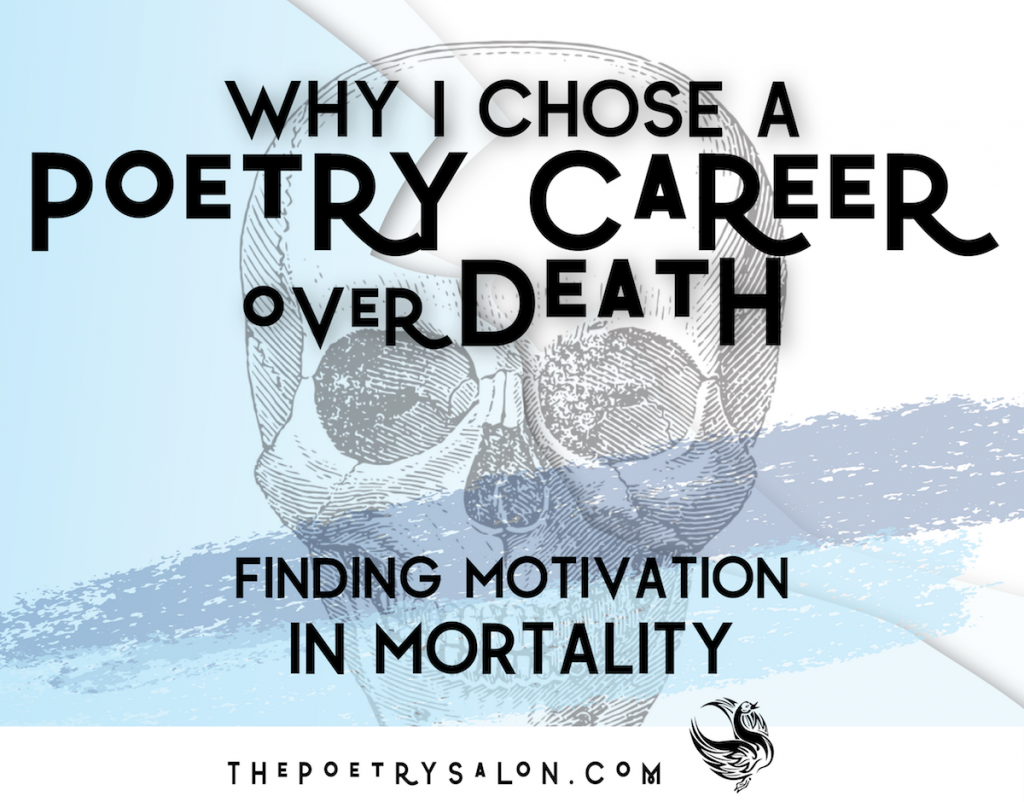

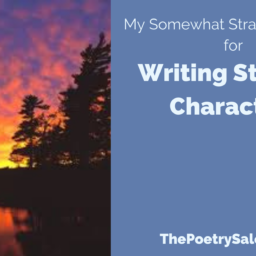
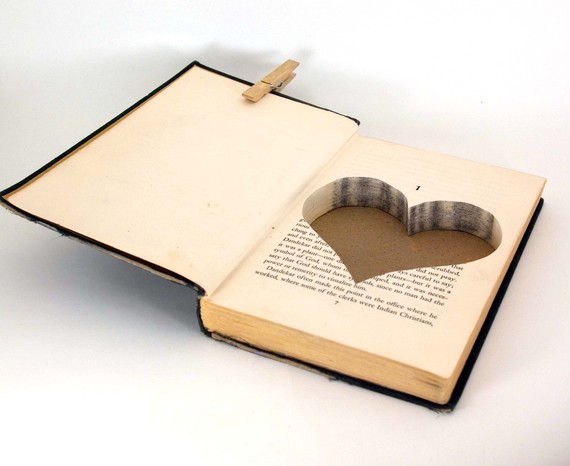
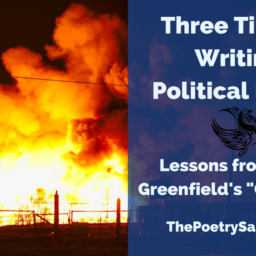
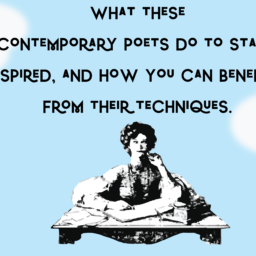

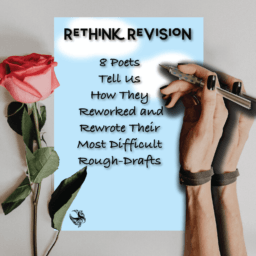
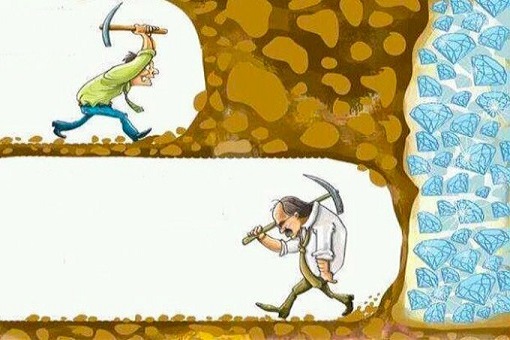
Hi Tresha,
Great piece on kid-think! I agree a billion percent.
Jon
Hi Tresha,
We must remember to forget what we think we already know. That is my interpretation of children’s creativity – forever latched unto the present moment – and what adults must do in order to remind themselves of these great gifts. -Michelle Suzanne Snyder